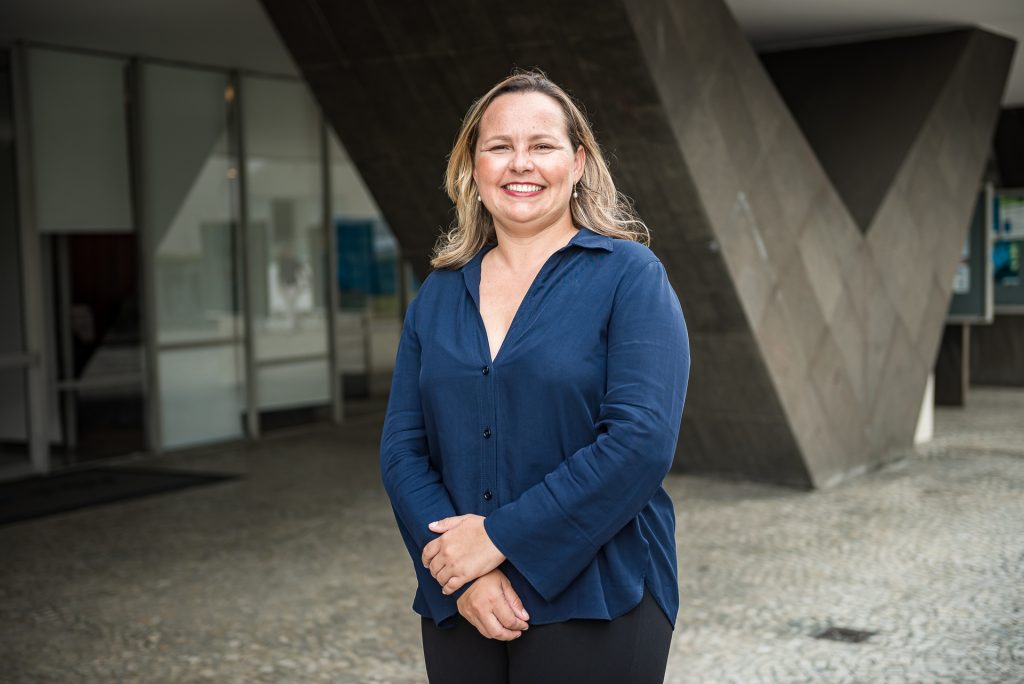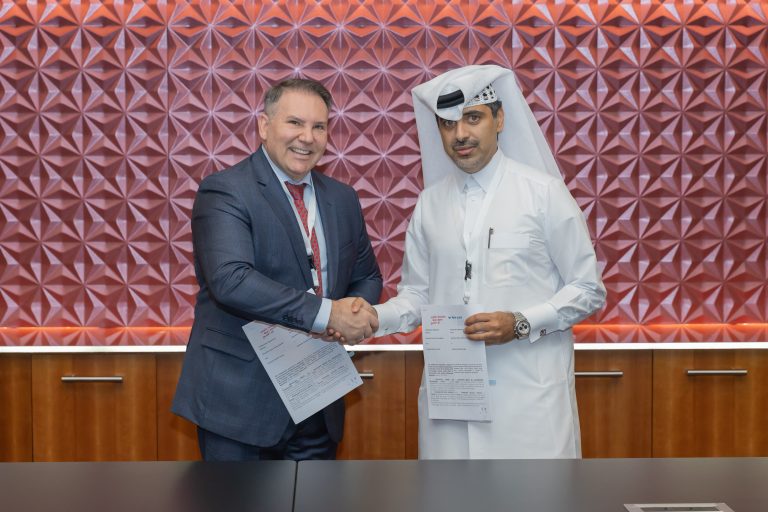São Paulo – The Public Administration and Educational Policy Development Department at the Brazilian university Fundação Getulio Vargas (DGPE FGV) is going to conduct eight different research pieces on key features and challenges in Brazilian public education. The studies are the result of a partnership entered into with Qatar’s Education Above All foundation. The project will see USD 100,000 in investment, and results are expected in up to a year’s time.
According to DGPE International Business and Relations superintendent Emílio Munaro, the project that led to the partnership began last November. After Munaro joined an educational sector mission to Spain, France, Qatar, and China, in October, the DGPE was invited to a November event from the WISE initiative, which promotes innovation in the sector through research and projects designed to foster leadership and engagement from people and institutions.
The event led to growing rapport between the two organizations. The Qatari foundation supports and carries out education-related projects in 60 different countries. The work will cover all Latin America with a special focus on Brazil.
As per the agreement signed with Education Above All CEO Fahad Al-Sulaiti, six policy papers, i.e., documents focusing on a specific subject matter, in this case, education, will be delivered within a year as well as two case studies, which are more specific assessments of a given topic or institution. The FGV has said that the results will be shared Education Above All as well as with public administrators and education professionals.
Challenges and achievements in Brazilian education
DGPE researcher and coordinator Jaana Nogueira argues that each line of research will focus on related, yet standalone topics such as access to basic education, school dropout rates, and educational quality.
“These studies will look at problems that stand in the way of access to education and educational quality and analyze the responses to those problems at the national, regional, and local levels,” said Nogueira in a conversation with ANBA on Friday (4).

Munaro said the partnership with Education Above All might be broadened before the project is even completed. “There are signs that this partnership of ours is increasingly solid, which means that they will not need to wait until this first construct is over before potentially embarking on a second one, which affords some independence between one and the other,” he said.
Some of the issues now facing Brazilian education, Munaro noted, are the evolution in educational quality and the challenge of engaging young people in education. On the other hand, as it relates to achievements, Brazil has made strides by achieving universal education for children up to 6 years old. Presently, 98.6% of such children are enrolled in schools in Brazil, said Munaro.
Jaana mentioned the example of Brazil’s National School Mean Program (PNAE), whereby federal funding is made available for public, philanthropic, and community elementary schools to provide nutrition and promote healthy eating habits to students.
Seminar during G20 summit
Another joint effort between the DGPE and Education Above All is the seminar “Catalyzing Change: The Role of Education in Building a Just, Sustainable Future in Line with the G20’s Priorities in Brazil,” set to take place on November 19 at the FGV headquarters in Rio de Janeiro. The meeting will include breakfast for authorities from 7:30 am to 9:00 am, including Brazilian and Qatari officials as well as delegates from international entities. Starting at 10:00 and throughout the day, sector specialists will discuss different aspects of education.
The seminar will be one of the events taking place in the sidelines of the G20 summit meeting, comprising the world’s biggest economies, which Brazil is presiding over this year. On October 18 and 19, presidents and delegates from G20 countries will descend on Rio for the summit.




